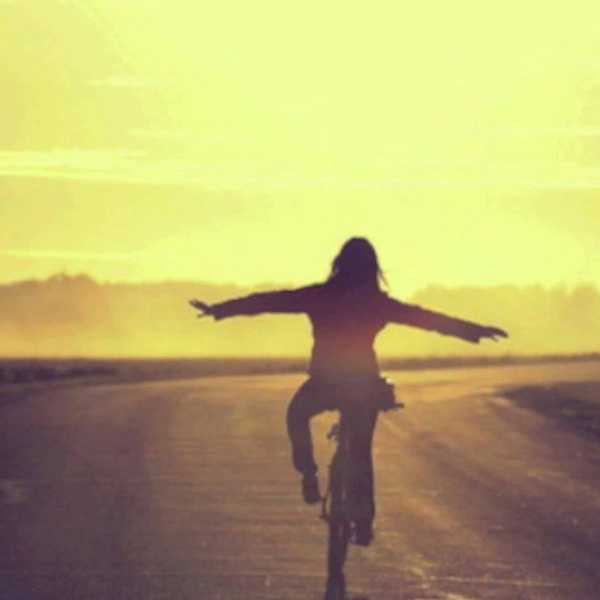[trigger warning: CSA and PTSD]
"Out it comes,
The beast.
Hands shake, pulses race
Dread takes its course,
wringing over and over.
There is no water,
And on we wring.
Within,
It rots.
It stews,
Becomes and fades,
The ever-present pit,
the ever-present wreck."
The above section is from a poem I penned in 2014, according to my computer. It was three in the morning, in the middle of summer, and I was having a panic attack. No particular reason, if I remember right. Sometimes they don’t have good reasons, which is probably why I started writing about panic attacks. Writing it out makes far more sense than the strange wash of emotion that overwhelms your head when you deal with anxiety.
I've chipped away at this piece for awhile, waiting for the right time to share. And this is one of those times where most writers can relate to having a bit more anxiety, I think. I also wanted to open up this post with some honesty, because anxiety, creativity, and I have a funny relationship. I'm not alone there, as most artists, writers, and creative types report dealing with anxiety disorders and/or depression in some form. The world is messy, dark thing lately, and can be hard on those of us that feel 'too deeply'. The empathetic, gentle, and first to notice every detail in our world. It can be distracting, de-motivating, and tremendously difficult to overcome. Creating anything might be the last thing on your mind right now, but there is merit to giving the stress and inner darkness a little more voice. I speak from personal experience.
The first attacks started cropping up after I turned 18, but that anxiousness took different, intrusive forms over the years. My childhood was dotted with dark spaces; I grew up poor, and am a sexual assault survivor. My attacker never saw justice, or the therapist he was assigned, so I had to dodge him for years afterward. Bullying followed when I turned reclusive, and silence reigned as my experience turned to fear when I started dating. You never really outrun trauma, so I learned; you can only put more space between you and the harm it's done. There are bruises in my bones, but they fade with every year.
I hated talking about all of it- I hate talking about it to this day, but my fight had to go somewhere. My wars turned into something more creative and internal, if only to address the sheer, raw ball of anguish that often settled in the pit of my stomach.
Everyone has a story about why they started writing, or their default answer becomes “I was born to write.” I often discount the idea of being born to do something, but my connection with writing has always been my strongest response, after the therapists had gone and the noise remained too much. The place where my emotions made the most sense. I journaled as a direct response to hardship, and turned to the aforementioned poetry to vent. Sometimes I just open a Word document and spill out over the paper in honesty- I always ended up deleting those. I have used words, writing and reading alike, as a reflection for most of my life. A mirror from which I can better understand myself.
“Creative people don’t come from happiness,” a fellow writer once told me, in response to a conversation about rough childhoods. I think that is very true, in a certain light. Writers can be happy people by nature (like myself), but we have our axes to grind- some more than others. Some more than me. Everything I create feels like a step; I am lighter when I finish something, like I’ve untangled my insides a little. Heaven knows they won’t untangle themselves. When I started writing seriously in college, it was a response to reoccurring ideas: the moment where I said, "I'm gonna start doing this for real and write a novel!". But it also became a vehicle for energy and stress. Rather than struggling to balance writing and college, I have thrived in both. I made peace with myself and with my world, just a little.
The beautiful part about writing fiction is it eventually becomes your mirror anyway, showcasing honest sides of the author in a character trait, a sentence, and description just human enough that it couldn't be faked. Translating yourself under the guise of another world is any artist's ultimate goal; we love fanart, and fans, and entertaining the idea of fame on occasion, but truthfully, I think we all just desire to voice something in these struggles of silence. When your head fills with too much noise, clutter, and inky blackness, there is life behind the page.
There is freedom in knowing that you can relinquish it back into the world.
There is bravery in shedding light on the underbelly of a troubled world.
There is healing in the quiet spaces between you and your words.




















